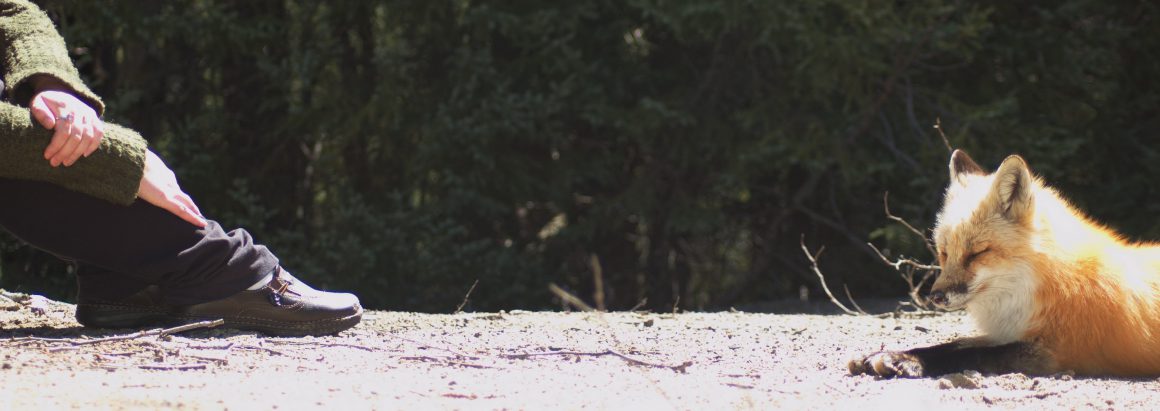You were a mute Hamlet, pacing
the bridge, your stage shaking
from the violence
of an ice jam beneath. You heard
a man drowned
in the black river yesterday, taken
by the whim of a Spring
too eager to live.
You held a quarter like Yorick’s skull, tossing
it to the question To be, or not to be,
while the ice screamed
obscenities
as if to mock your acting.
When the coin spun out and tumbled
out of reach, you didn’t move.
You were numb, you watched
as if beheaded
while a woman bent to retrieve
your lost verdict. She must have seen
your silent monologue;
she must have known
the coin’s value was life and death.
She rubbed the quarter’s edge, raised
an eyebrow, and offered
it back to you, saying,
“A coin has three sides, you know.”
You felt like falling.
You felt you’d already died
and gone somewhere you’d never seen.
Set free, for once, to choose
anything and everything,
something somehow between
the laughter and the tears.





